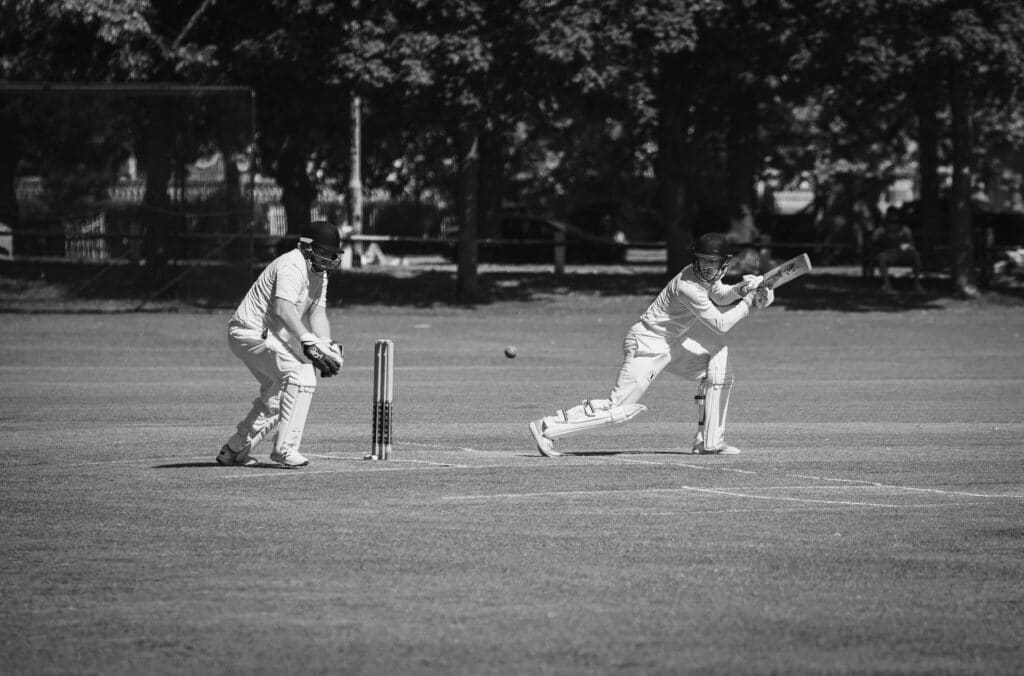Heel pain – plantar fasciitis
What we’ll cover
Heel pain – plantar fasciitis
Do you experience heel pain? Get sharp pain with the first few steps in the morning? Does your heel pain go away once you warm up?

Heel pain can involve injury to the bone, ligaments, fat pad, tendons or muscles around the foot. However, one of the most common causes of heel pain is plantar fasciopathy (plantar fasciitis). The plantar fascia is a thick and fibrous tissue that connects from the heel extending through the sole to the bottom of the toes. This fascia is constantly loaded with both stretch and compression through day to day activities. When the plantar fascia is overloaded, irritated or inflamed, it commonly results in local heel or arch pain.
Common symptoms of plantar fasciitis
- Local and sharp heel pain.
- Often worst first few steps in the morning or following prolonged sitting.
- Can appear to “warm up” with activity.
- Often worse when barefoot or wearing less supportive shoes.
What causes plantar fasciitis?
Plantar fasciitis occurs when the fascia is stressed or overloaded. As it is caused by excessive stress and strain, it commonly occurs several weeks after the fascia has been overloaded. For example, heel pain may commonly present several weeks following time spent in thongs or barefoot. It may also present following a change in activity such as a new sporting season or following a new range of exercise.
Factors that can increase the likelihood of heel pain:
- Poor foot biomechanics. Flat or high arches can affect the ability for the foot to absorb load causing excessive force to go through the plantar fascia.
- Weak calf or foot muscles. Lack of strength and endurance can cause the plantar fascia to overload.
- Reduced ankle flexibility. Tight calf muscles or previous injuries such as ankle sprains can cause decreased ankle flexibility.
- Inappropriate footwear. Footwear with inappropriate cushioning or support can results in increased loading of the foot.
- Reduced gluteal strength. Reduced gluteal strength can result in increased force throughout the foot and ankle.
- Pregnancy. Ligamentous changes such as increased flexibility can result in mechanical overload and inflammation.
How is plantar fasciitis diagnosed?
Your physiotherapist is able to accurately diagnose the cause of your heel pain from symptoms, history and clinical examination. Importantly, your physiotherapist will also identify the causes of your heel pain. Research indicates a strong link between heel pain and factors such as decreased ankle flexibility or reduced strength around the upper thigh and gluteal muscles.
Imaging such as X-rays may indicate calcification or bony growth around the heel commonly known as osteophytes or heel spurs. Diagnostic ultrasound or MRI is rarely used but may confirm plantar fascia tear.
Treatment for plantar fasciitis
The majority of people respond positively to physiotherapy treatment for plantar fasciitis. Physiotherapy treatment can include massage, taping or dry needling. Recently, research has indicated that specific exercises designed to load the plantar fascia have been shown to reduce recurrent episodes of plantar fasciitis. These simple exercises are designed to specifically load the plantar fascia which not only reduce symptoms but can cause adaptation to prevent future episodes.
Your physiotherapist will also thoroughly assess the foot and the biomechanics of running or walking. They may recommend you seek the advice of a podiatrist, who is an expert the prescription of appropriate footwear or orthotics.
In cases of heel pain that do not settle within a few months, corticosteroid injections may be used. Whilst providing short term benefit, corticosteroid injections have been shown to slow tissue healing and adaptation in the fascia. If required, your physiotherapist will be able to liaise with your doctor to recommend the best course of action for stubborn or chronic heel pain.
If you are experiencing heel pain, call us today on 9571 6888 or book online.

